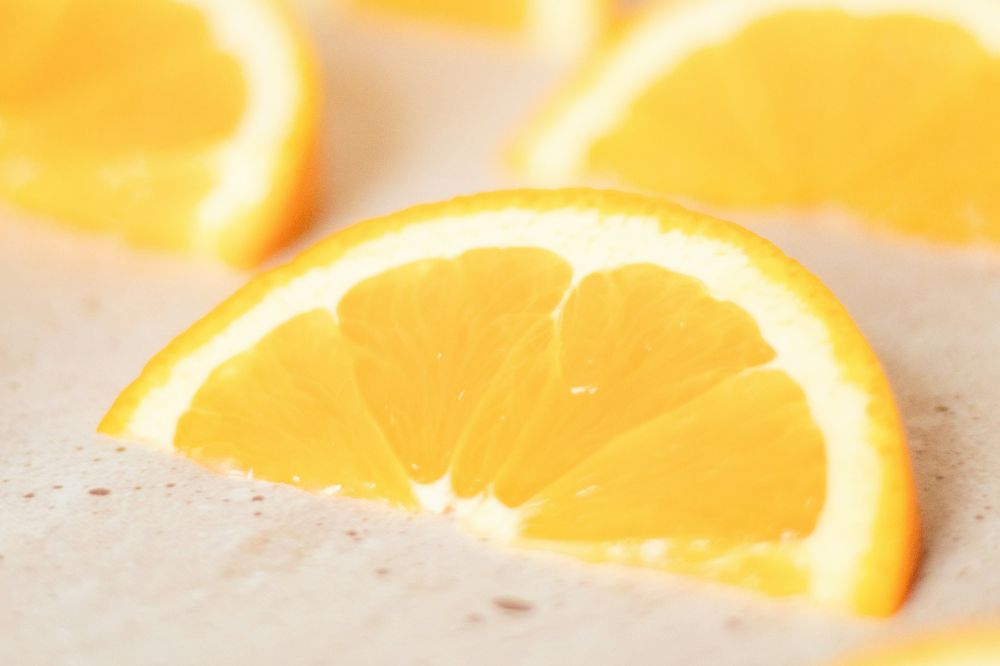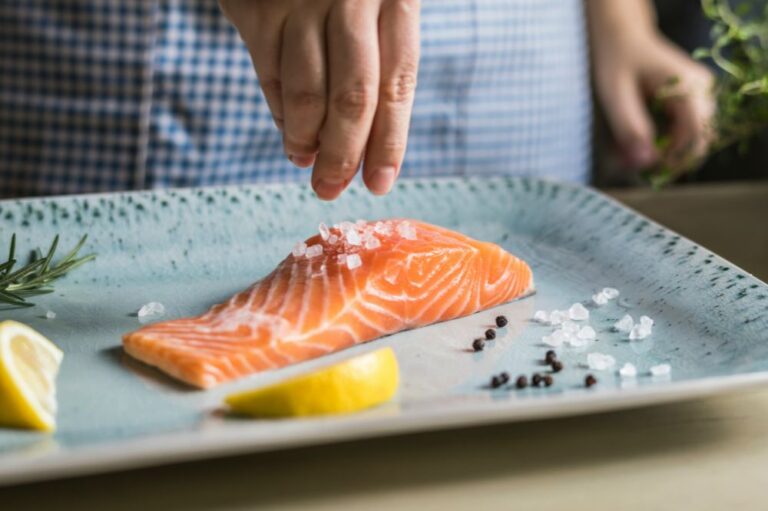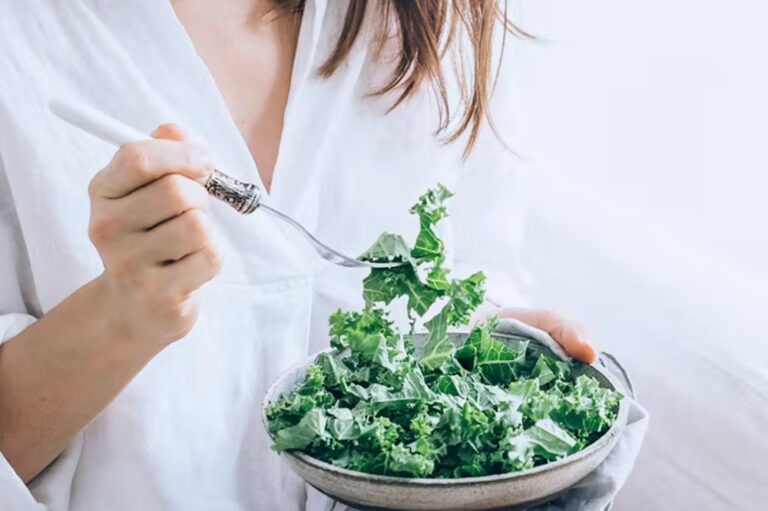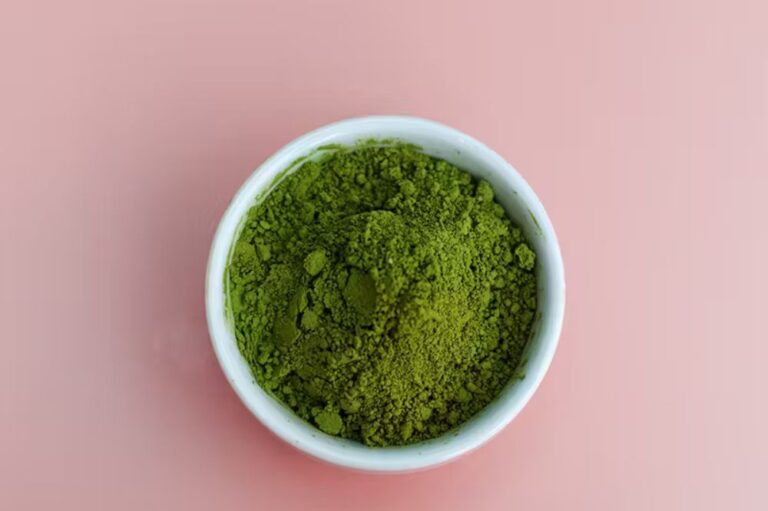Feed Your Smile: The Best Foods for Oral Health
Having bright, beautiful teeth requires more than just basic dental hygiene. Good nutrition is powerful in supporting overall health and the oral microbiome. What you eat can directly impact the condition of your mouth, from strengthening tooth enamel to helping good bacteria thrive. Let’s explore what to consider when choosing the best foods for a healthy mouth!
Having bright, beautiful teeth requires more than just basic dental hygiene. Good nutrition is powerful in supporting overall health and the oral microbiome. What you eat can directly impact the condition of your mouth, from strengthening tooth enamel to helping good bacteria thrive.
Let’s explore what to consider when choosing the best foods for a healthy mouth!
Why Your Diet Matters
When it comes to good oral health, your diet may not be the first thing that comes to mind. However, there is a strong mouth-body connection that links your diet, overall health, oral well-being, and long-term healthcare outcomes.
The nutrients you take in largely impact everything — energy levels, immunity, cell regeneration, and managing acidity in your mouth.
Eating a balanced diet can help you become healthier from the inside out, and it starts with your daily food choices. Keep reading to find out the best foods for stronger, healthier teeth.
Best Foods for Stronger Teeth and Gums
You may be able to easily name foods that are bad for your teeth, but what about the ones that help? Apples often get singled out, but plenty of other foods support healthy teeth and gums. Some of them might even surprise you!
Begin with these healthy foods to support a balanced microbiome.
Dairy Products: Calcium-Rich and Cavity-Fighting
Milk builds strong bones and strong teeth. That’s because dairy products — like milk, cheese, and yogurt — are an excellent source of calcium, which strengthens tooth enamel.
Strong, durable enamel helps resist cavities and fractures caused by deterioration. Consuming milk and fermented dairy products regularly may reduce your risk of tooth decay (periodontitis). [1] Yogurt also contains helpful probiotics that are good for your gut.
Dairy is rich in casein, a protein found in cow’s milk that offers several oral health benefits:
- Prevents dangerous bacteria [2] (like S. mutans) from sticking to your teeth
- Increases saliva flow
- Balances pH levels in the mouth, reducing your chance of developing cavities
Lean Proteins and Fatty Fish: Enamel-Strengthening
Eggs and fish are great, protein-rich food options that strengthen your muscles and teeth.
Eggs are an excellent source of:
- Vitamin D: helps your body absorb calcium and phosphorus
- Vitamin K2: supports gum health and tooth remineralization
- Phosphorus: strengthens tooth enamel
The healthiest ways to eat eggs are by boiling — hard or soft — or poaching them. To get the most nutrients possible, it’s also important that you don’t overcook them. [3]
Fatty fish like salmon, trout, mackerel, and albacore tuna are rich in:
- Omega-3 fatty acids: reduce gum inflammation and may lower the risk of gum disease [4]
- Vitamin D: aids in calcium absorption
Aim to include fatty fish in your diet multiple times per week to get the most benefits.
Note: Healthy fats, such as organic grass-fed butter, coconut oil, avocado oil, and olive oil, have natural antibacterial properties and can aid nutrient absorption.
Leafy Greens and Vegetables: Nutrients for Gums and Saliva
Leafy greens and vegetables are rich in vitamins and minerals that reduce gum inflammation and even help clean your mouth as you chew.
Kale, spinach, chard, and collard greens are high in:
- Folic acid (vitamin B9): supports gum health, reduces inflammation, and may lower the risk of periodontal disease
- Oxalic acid: reduces tooth discoloration
- Calcium and other minerals: strengthen teeth and bones
Just avoid drenching your leafy greens in fatty dressings with added sugar.
Celery is a surprisingly beneficial snack. It helps by:
- Cleaning your teeth and wiping away plaque buildup: its fibrous texture helps loosen food particles, like a natural dental floss
- Promoting saliva flow: helps wash away bacteria
- Offering antibacterial effects: may diffuse S. mutans, a common cause of tooth decay
Carrots are another nutrient-rich vegetable that provides many benefits to your mouth:
- High in fiber: keeps your teeth clean and supports gum health
- Contains vitamin A: good for your bones [5] and tooth enamel
- Provides vitamin C: beneficial for gum health
- Lower in sugar than most fibrous fruit options, making it a healthier snack choice
Eating carrots raw is the best way to get all the health benefits they have to offer.
One study found that people with missing teeth consumed fewer carrots and other fiber-rich veggies, highlighting just how important these foods are in a mouth-healthy diet. [6]
Nuts and Seeds: Tooth-Strengthening Snacks
Nuts and seeds are high in valuable nutrients, like protein, folic acid, and vitamin D, making them the perfect snack for dental health. Here are a few of the most beneficial ones to include in your diet:
- Poppy seeds
- Sunflower seeds
- Sesame seeds
- Chia seeds
- Almonds
- Cashews
Chewing on nuts and seeds can also help scrape away lingering plaque from your teeth. Brush and floss afterward, as the husks can get stuck along the gum line and cause irritation or inflammation.
Teas and Water: The Best Beverages for Oral Health
There are numerous dental wellness benefits to drinking green tea. This Camellia sinensis-derived drink contains polyphenols that:
- Reduce gum inflammation [8]
- Mitigate the development of periodontitis and dental caries
- Fight off bad breath
- Remineralize enamel [9]
Green teas contain more antioxidants and catechins than black tea, making matcha a particularly healthy choice for your mouth.
Hydration is crucial for overall health, but did you know drinking water promotes healthy gums and teeth? Here’s how:
- Water rinses away food particles and residue that may cling to your enamel.
- Drinking water after coffee or wine can help prevent staining.
- Water also keeps the acids produced by oral bacteria in check.
Your body produces between .5 and 1.5 liters [10] of saliva daily, and 99% of that is water. Staying hydrated supports saliva production, which helps protect your teeth and prevent dry mouth.
Supplements for Dental Health
Your diet may already include many of these tooth-friendly nutrients, but supplements can give your body the extra boost it needs. This is especially helpful if you grind your teeth or have other dental stressors.
Consider adding these supplements to support your oral health:
- Vitamin C: repairs teeth, nurtures dentin, and reinforces connective tissue in the gums
- Vitamin D: boosts mineral density in the enamel while reducing inflammation and mitigating gum disease [11]
- Vitamin K2: repairs damaged teeth by regulating bone remodeling [12]
- Folic acid: reduces gum inflammation and helps cells defend against bacteria
- Calcium: builds strong teeth by fortifying the enamel
- Phosphorus: improves enamel remineralization by aiding calcium absorption
- Vitamin A: feeds keratin in the enamel and promotes saliva production
- Grape seed extract: promotes the remineralization of teeth in the early stages of decay [13]
Foods to Avoid
Plenty of foods are bad for your health — and teeth — so which foods should you avoid if you want healthy teeth? Harmful foods for your teeth include:
- Simple carbohydrates: like cookies, cake, and some cereals
- Sticky, sugary foods: like candy, pies, chewable sweets, and certain chewing gum
- Fried foods or starches: like fatty potato chips that can stick to your teeth
- Sugary drinks: like soda, lemonade, and fruit juice
- Acidic foods and beverages: like coffee, tomatoes, vinegar, and wine
- Citrus fruits: like lemons, limes, and grapefruits
- Dried fruits: they have lost their nutrients and are mainly concentrated sugar
- Popcorn: kernel husks can damage your gums and potentially cause abscesses
Choose naturally sugar-free options when possible to support a healthy smile and reduce the risk of cavities and plaque buildup!
If eating these foods or neglecting proper dental care has already damaged your teeth, there’s still time to reverse the surface stains. Various natural and at-home methods exist to whiten your teeth for a brighter, healthier smile.
How to Enjoy Occasional Treats Without Harming Your Teeth
Even some nutritious foods can weaken tooth enamel and increase the risk of tooth decay when consumed too often or without proper dental care. You don’t have to give up your favorite treats altogether, but there are some simple ways to enjoy them more mindfully.
Here are a few tips to protect your teeth:
- Brush and floss shortly after a meal to remove lingering particles.
- Try pairing acidic foods with calcium-rich ones to balance pH levels.
Rinse with water or a fluoride-free mouthwash to remove bacteria and food residue.
Want to learn more about protecting your smile while still enjoying foods you love? Schedule an appointment with us today!
FAQs
Conclusion: Small Food Choices, Big Smile Benefits
From your oral hygiene routine to the meals you eat, your mouth reflects your body’s well-being. By choosing nutrient-rich, whole foods and being mindful of their impact on your teeth, you can protect your smile and invest in full-body wellness. As a biologic dentist with years of experience, I believe everything in the body is connected. Recognizing that link can help us make healthier, more informed choices.
Want to learn more about the connection between your mouth and your overall health? Check out my book, The Mouth-Body Connection!

Dr. Gerry Curatola
Dr. Gerry Curatola is a renowned biologic restorative dentist with more than 40 years of clinical practice experience. He studied neuroscience at Colgate University and attended dental school at the New York University (NYU) College of Dentistry where he now serves as Adjunct Clinical Associate Professor in the Department of Cariology and Comprehensive Care.

Dr. Gerry Curatola
Dr. Gerry Curatola is a renowned biologic restorative dentist with more than 40 years of clinical practice experience. He studied neuroscience at Colgate University and attended dental school at the New York University (NYU) College of Dentistry where he now serves as Adjunct Clinical Associate Professor in the Department of Cariology and Comprehensive Care.






